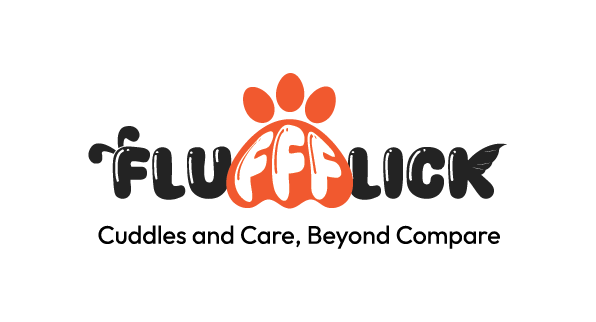As a cat owner, being aware of common health issues that can affect your feline companion is crucial for maintaining their well-being. Here are some important health issues every cat owner should know about:
- Urinary Tract Issues: Cats are prone to urinary tract issues such as urinary tract infections (UTIs), bladder stones, and urinary blockages. Symptoms may include frequent urination, straining to urinate, blood in the urine, and urinating outside the litter box. Prompt veterinary attention is essential to prevent complications.
- Dental Disease: Dental problems, including periodontal disease, gingivitis, and tooth decay, are common in cats. Signs of dental issues may include bad breath, drooling, reluctance to eat, and pawing at the mouth. Regular dental care, including toothbrushing and professional cleanings, can help prevent dental disease.
- Obesity: Obesity is a significant health concern in cats and can lead to various health issues, including diabetes, arthritis, and heart disease. Monitor your cat’s weight and feeding habits, provide regular exercise, and feed a balanced diet to help prevent obesity.
- Hyperthyroidism: Hyperthyroidism is a common endocrine disorder in older cats, characterized by an overactive thyroid gland. Symptoms may include weight loss, increased appetite, hyperactivity, vomiting, and diarrhea. Treatment options include medication, surgery, or radioactive iodine therapy.
- Chronic Kidney Disease (CKD): Chronic kidney disease is a progressive condition that affects the kidneys’ ability to function properly over time. Symptoms may include increased thirst, decreased appetite, weight loss, vomiting, and lethargy. Early detection and management can help slow the progression of CKD and improve your cat’s quality of life.
- Feline Lower Urinary Tract Disease (FLUTD): FLUTD is a collective term for various conditions affecting the lower urinary tract, including cystitis, urethral blockages, and urinary crystals. Symptoms may include straining to urinate, bloody urine, and urinating outside the litter box. Dietary changes, increased water intake, and stress reduction can help manage FLUTD.
- Parasites: Cats can be affected by internal parasites such as worms (e.g., roundworms, tapeworms) and external parasites such as fleas and ticks. Regular preventive care, including deworming and flea and tick control, is essential to protect your cat from parasites and associated health issues.
- Respiratory Infections: Upper respiratory infections (URIs) are common in cats, especially in multi-cat households or shelters. Symptoms may include sneezing, coughing, nasal discharge, and conjunctivitis. Proper hygiene, vaccination, and stress reduction can help prevent respiratory infections.
- Feline Leukemia Virus (FeLV) and Feline Immunodeficiency Virus (FIV): FeLV and FIV are viral infections that can weaken the immune system and increase the risk of other infections and diseases. Testing, vaccination, and preventing exposure to infected cats are important for preventing FeLV and FIV transmission.
- Diabetes Mellitus: Diabetes mellitus is a metabolic disorder characterized by high blood sugar levels due to insufficient insulin production or insulin resistance. Symptoms may include increased thirst, frequent urination, weight loss, and lethargy. Treatment involves dietary management, insulin therapy, and regular monitoring.
Being vigilant about your cat’s health, scheduling regular veterinary check-ups, and seeking prompt veterinary attention for any concerning symptoms are essential for maintaining your cat’s health and longevity. By staying informed and proactive, you can help ensure a happy and healthy life for your feline companion.


